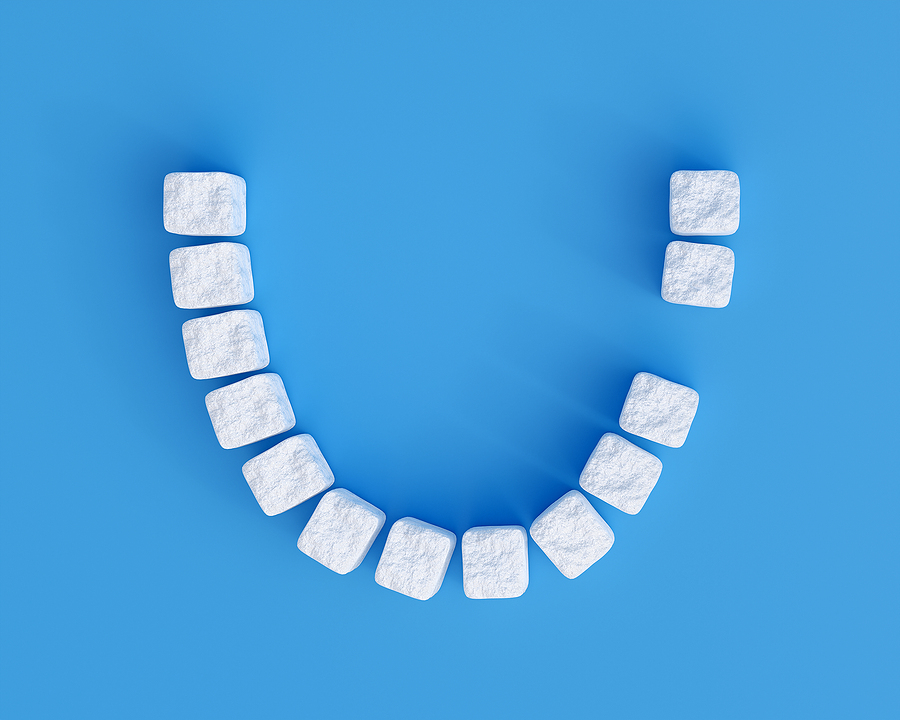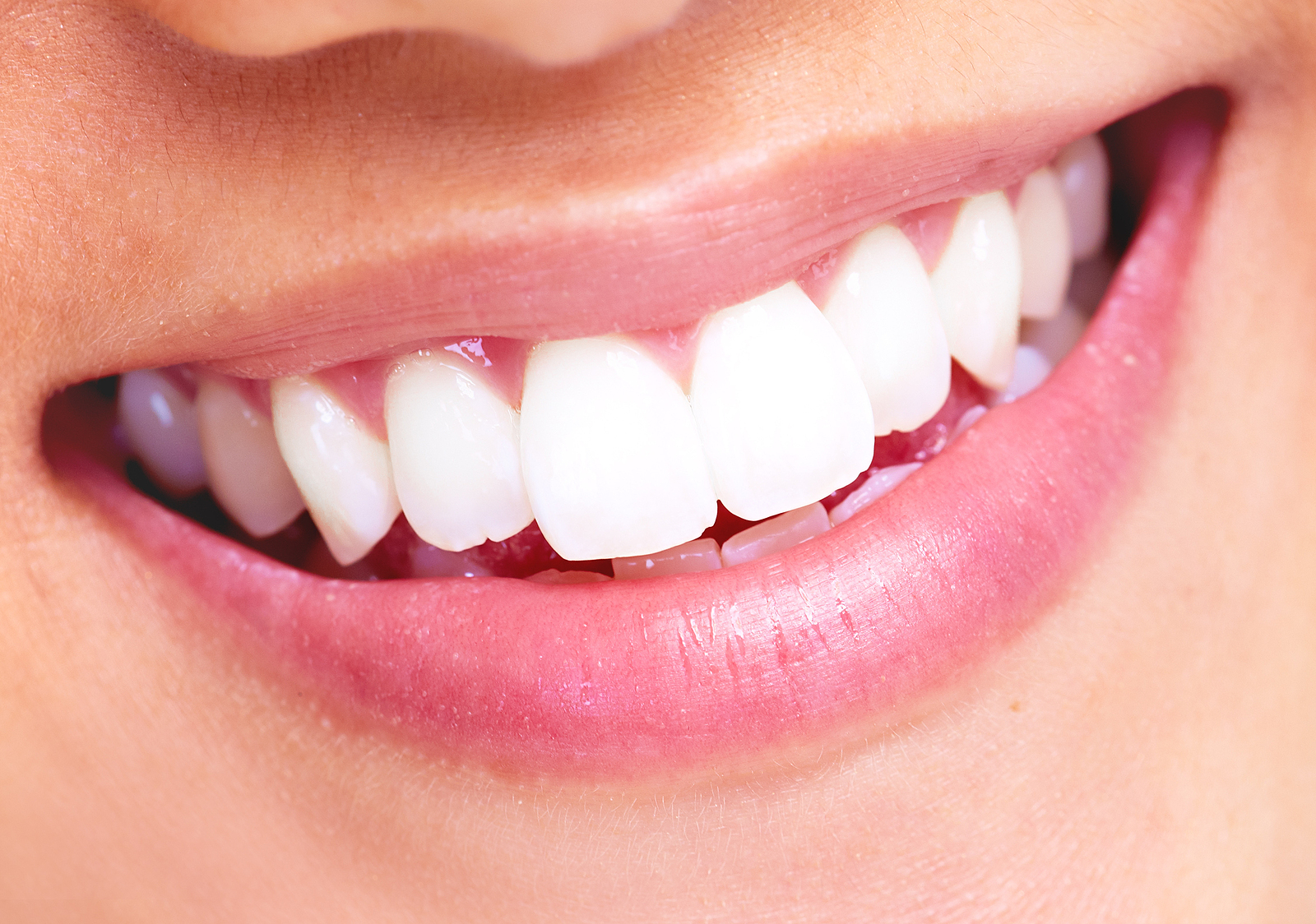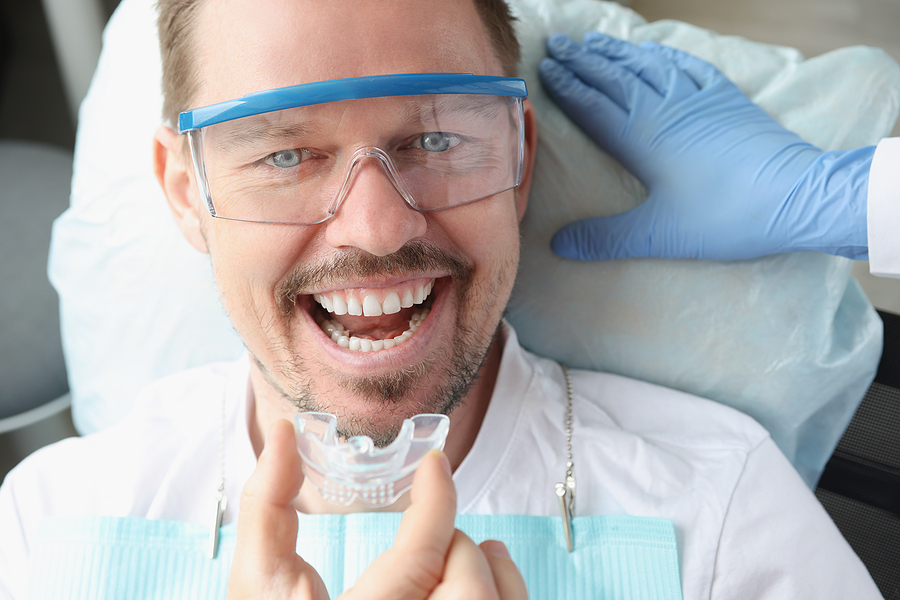Oral Health And What We Drink
Posted by Paige Lester on Feb 26 2020, 12:27 AM
Sodas, lemonades, and other sweet drinks contain a lot of sugar. When you drink these, the sugar sticks to your teeth. Bacteria in the mouth feed on the sugars. This leads to tooth decay. The acids in soda also harm your teeth. They wear down your tooth enamel. That makes it easier for bacteria to damage your teeth. When you drink soda, the acid in it might wear away tooth enamel. Enamel is the thin, hard outer layer of your teeth. When it’s gone, your teeth are more vulnerable to decay. Coffee and tea also contain a lot of acids. Over time, that acid can break down your tooth enamel. Some of the worst drinks for oral health include the following:
- Sugary drinks
Sodas and sports drinks are some of the worst things you can consume if you want to keep your teeth healthy. These drinks contain a ton of sugar, which increases the bacteria in your mouth and does damage to your teeth and gums over time. Water is a much better choice for you because it doesn’t have added sugars, and it helps to rinse the plaque from your teeth after eating. If you do drink soda or sugary beverages, you should make sure to brush your teeth afterward so that you don’t damage your teeth and gums even more!
- Acidic drinks
Beverages like wine, apple cider vinegar, lemons, grapefruits, and tomatoes contain one or more acids that are harmful to the teeth if you drink them in excess. These teeth-damaging acids weaken tooth enamel over time and make your teeth more susceptible to tooth decay when consumed too often. But you can minimize their impact by limiting your consumption to about once a week or combining them with water to wash the acid off your teeth before it can cause damage. Rinsing your mouth out with water or chewing sugar-free gum are also smart ways to neutralize some of the harmful acids that may be lingering from your last meal.
- Tea
Many people like to drink tea, but tea is also bad for your teeth. If you are an avid tea drinker, it is a good idea to limit its consumption. The less concentrated the beverage is, the better it will be for your teeth and gums. If you must drink tea, make sure to frequently rinse your mouth afterward with water to remove all of the sugars from the tea that cling to your teeth and gums.
You should also keep in mind that black tea can stain teeth easily, so you will want to brush your teeth immediately after drinking a cup of black tea to help reduce the chance of staining.
- Coffee
While coffee is a delicious drink, it can have some negative effects on your teeth if you drink it often. Coffee can stain your teeth, but the good news is that this can be avoided by rinsing your mouth out with water after drinking coffee or brushing your teeth as soon as you finish. Another downside to coffee is that it may weaken your enamel, so it is best to drink coffee in moderation and have it with a meal. When drinking something acidic like coffee, it is also best to drink it through a straw and rinse your mouth out with water afterward.
Also, be aware that caffeine dries up your mouth and makes you want to drink water. The more water you drink, the dryer your mouth gets. This can lead to bad breath as well. If you enjoy coffee and want to keep enjoying it, just be sure to rinse your mouth out with water after your coffee to kill bacteria and keep your smile healthy.
Best Drink For Oral Health
- Water
Staying hydrated is important for all ages, including infants. Water that is clean can help to wash away bacteria from your teeth to prevent tooth decay and cavities. It also helps to keep your gums moist. Drinking plain water and avoiding sugary drinks like soda or juice can limit your intake of sugar. Limiting your sugar intake can also help to reduce your risk of developing gum disease.
If your diet is relatively low in sugar and you drink plenty of water throughout the day, you might actually be able to reverse the progress of early gum disease and improve the health of gums in the early stages of gingivitis. More advanced stages of gum disease will require more personalized care, such as periodontal therapy provided by a dentist. A dentist can detect signs of gum disease and recommend the best treatment option for you.
Regardless of your age, it is essential to maintain good oral hygiene habits at home to maintain healthy teeth and gums. This includes brushing twice a day for two minutes at a time with toothpaste containing fluoride. Flossing at least once a day can help you remove plaque and other debris that your toothbrush can’t reach. You should also continue to visit the dentist every six months for a checkup and cleaning to protect your smile.
Call us or schedule an appointment online to learn more.



